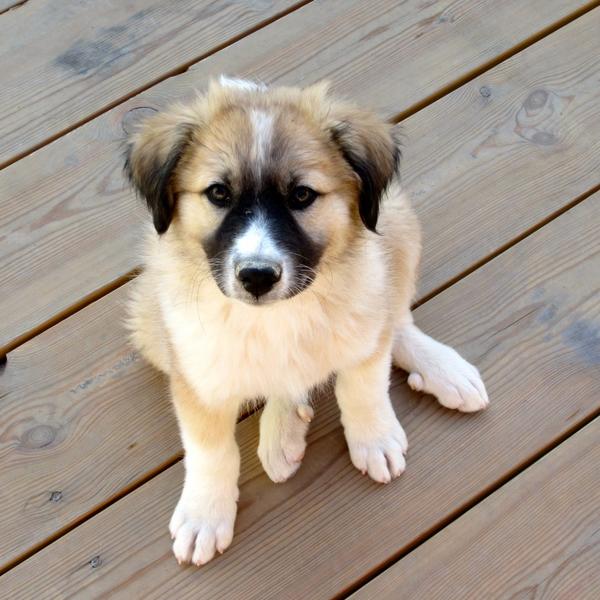Kuchi vs. Great Keeshees: Breed Differences and Similarities
Hypoallergenic
Are Kuchis or Great Keesheess hypoallergenic, or neither?
Unfortunately, neither Kuchi nor Great Keeshees are hypoallergenic, which may not make them the best choice for dog lovers who suffer from pet allergies.
Temperament
What are the personalities of Kuchi and Great Keeshees dogs?
Aloof
Clownish
Dignified
Happy
Independent
Playful
Agile
Intelligent
Confident
Affectionate
Obedient
Patient
Quick
Gentle
Strong
Willed
Fearless
Bright
Sturdy
Shedding Level
Do Kuchis shed more than Great Keesheess, or which breed sheds more, Kuchis or Great Keesheess?
Kuchis are moderate shedders, but regular brushing can reduce shedding and maintain coat health.
Great Keesheess shed a lot of hair each year, so frequent brushing is essential for reducing shedding and maintaining coat health.
Ancestry
What are the origins of Kuchi and Great Keeshees breeds?
Molosser-type Dogs
Keeshond and Great Pyrenees
Date of Birth
When were Kuchi and Great Keeshees breeds first developed?
Unknown
Eye Color Possibilites
What are the eye colors of Kuchi and Great Keeshees dogs?
Brown
Brown
Nose Color Possibilites
What are the natural nose colors of Kuchi and Great Keeshees?
Black
Brown
Black
Coat Color Possibilites
What are the natural colors of the coat for Kuchi and Great Keeshees breeds?
Black
Gray
Red
Fawn
White
Silver
Gray
Cream
Black
Coat Length
What is the typical coat length for Kuchi and Great Keeshees breeds?
The coat of Kuchi and Great Keeshees dogs is longer than that of the typical dog.
Coat Density
What is the density of the coat of Kuchi and Great Keeshees?
Coat Texture
What is the hair texture of Kuchi and Great Keeshees?
Straight
Curly
Litter Size
What is the usual litter size for Kuchi and Great Keeshees?
A Kuchi can have a litter of 12-13 puppies on average. However, it's worth noting that the size of the litters can vary greatly. Factors that can influence litter size include the health of the mother, breeding history, and genetics.
A Great Keeshees can have a litter of 6-9 puppies on average. However, it's worth noting that the size of the litters can vary greatly. Factors that can influence litter size include the health of the mother, breeding history, and genetics.
Adaptability
Kuchis have average adaptability to changes in lifestyle and living environments compared to other breeds.
Great Keesheess are highly adaptable and versatile, making them excellent companions for families and individuals of all lifestyles.
Health Issues
Between Kuchi and Great Keeshees, which breed is more prone to health problems?
While the Kuchi breed is generally healthy, occasional vet check-ups are still necessary to address any health concerns.
Great Keesheess typically have low vet costs due to their good health, but it's important to monitor their health and seek vet care when necessary.
Major Concerns
What are the major health concerns for Kuchi and Great Keeshees breeds?
Hip And Elbow Dysplasia
Patellar Luxation
Hip Dysplasia
Cardiovascular Concerns
Minor Concerns
What minor health issues should be kept in mind when owning Kuchi and Great Keeshees?
Bloat
Diabetes
Wobbler's Syndrome
Eye Diseases and Disorders
Occasional Tests
What occasional tests are recommended for Kuchi and Great Keeshees breeds?
Yearly Physical Examination
OFA on hips and elbows
MRI
Eye Examination
X-ray imaging
Neurological Examination
Blood Sugar Testing
Social Needs
Kuchi vs Great Keeshees social needs comparison
Kuchi has average social needs and is less independent than other breeds.
Great Keeshees has above average social needs and thrives with interaction with humans and other dogs.
Sleeping Need
Which of the two sleeps the most/least: Kuchi or Great Keeshees?
Kuchi and Great Keeshees dogs tend to sleep less than some other breeds, but it's still important for them to get adequate sleep in order to maintain good health.
Mouthiness
Mouthiness Comparison: Kuchi vs Great Keeshees?
Roaming urge
Kuchi vs Labrador: Running away tendency?
Prey Drive
Kuchi or Great Keeshees - which breed has a higher level of prey drive?
Past times
What are some enjoyable activities and ways to keep Kuchi and Great Keeshees entertained?
Agility
Fetch, Training, Walking
Activity Level
Which breed has higher energy, Kuchis or Great Keesheess?
Both Kuchi and Great Keeshees are medium-energy dogs that enjoy socializing and playing with other dogs. They may engage in casual or sustained games of chase, and occasionally have bursts of barking or racing around the house.
Tolerance of being left alone
Walks per Week
How many miles should Kuchi or Great Keeshees walk each week?
There's really no limit to how far you walk your dog as long as they're comfortable. For Kuchi, it's at least 10 miles / week. Just remember to build distance and stamina gradually over time.
There's really no limit to how far you walk your dog as long as they're comfortable. For Great Keeshees, it's at least 8 miles / week. Just remember to build distance and stamina gradually over time.
Activity per Day
Do Kuchis or Great Keesheess require more exercise?
In general most Kuchis usually need at least 45 minutes of exercise daily. This can be spread across the day and include all sorts of high-energy activities, like walking, running and playing.
In general most Great Keesheess usually need at least 60 minutes of exercise daily. This can be spread across the day and include all sorts of high-energy activities, like walking, running and playing.
Grooming
Which breed is easier to maintain in terms of grooming, Kuchis or Great Keesheess?
The Kuchi has low grooming needs and is easy to maintain.
Great Keesheess require significant grooming, including regular trims and professional grooming assistance to maintain their coat. They may also require frequent bathing to keep their coat and skin healthy.
Brushing Frequency
What is the recommended brushing frequency for Kuchi and Great Keeshees dogs?
Kuchi and Great Keeshees should be brushed at least once a week. Of course, you can give them more frequent brushes if you find that they are still shedding a lot.
Brushing Tools
What brushing tools are used for Kuchis and Great Keesheess?
Pin Brush
Dematter
Deshedder
Nail Clipper
Dematter
Comb
Nail Clipper
Cups
How much food should be given to Kuchi or Great Keeshees in cups?
For an average 88-176 pound (40 - 80 kg) Kuchi feed 3.4 cups daily. But, keep in mind, the amount you feed is going to be dependent on the quality of the food you are feeding.
For an average 75-105 pound (34 - 48 kg) Great Keeshees feed 3 cups daily. But, keep in mind, the amount you feed is going to be dependent on the quality of the food you are feeding.
Daily Cost
Which breed has a higher daily cost, Kuchi or Great Keeshees?
The average cost of a Kuchi is somewhere $3.90 - $4.20 per day.
The average cost of a Great Keeshees is somewhere $2.10 - $2.70 per day.
Monthly Cost
Which breed has a higher monthly cost, Kuchi or Great Keeshees?
The average per month expenses of a Kuchi is between $112 - $126. This makes an average of $1344 - $1512 per year. It will be on the higher side when the dog is still small because it will need more frequent visits to the vet, shots.
The average per month expenses of a Great Keeshees is between $55 - $73. This makes an average of $660 - $876 per year. It will be on the higher side when the dog is still small because it will need more frequent visits to the vet, shots.
Sensitivity Level
How do Kuchi and Great Keeshees compare in sensitivity?
These dog breeds are particularly attuned to its environment and the emotions of those around it. Kuchi and Great Keeshees can be easily overwhelmed by loud noises, new environments, unfamiliar people, or animals. This dog breed is best suited for individuals or families who are patient, gentle, and understanding of its sensitive nature. It may also benefit from a calm and stable home environment, with a consistent routine and plenty of positive reinforcement training.
Apartment Friendly
Which breed is more apartment-friendly: Kuchi or Great Keeshees?
The Kuchi is not suitable for apartments and requires a large yard to thrive. Pent-up energy in small spaces can lead to destructive behavior.
Great Keesheess are good apartment dogs as long as they get enough exercise and stimulation outside of the apartment.
Child Friendly
Do Kuchis or Great Keesheess have a friendlier temperament towards children?
Kuchi and Great Keeshees are kid-friendly dogs. They are good with children and excellent dogs with children if they are socialized and trained at a young age.
Senior-friendly
Which dog is more suitable as a pet for the elderly - Kuchi or Great Keeshees?
Cat Friendly
Do Kuchi or Great Keeshees breeds have a better compatibility with cats?
Kuchis are somewhat cat friendly and can be trained to get along with cats.
Great Keesheess are good with cats, but early training is needed to prevent chasing behavior.
Dog Friendly
Which breed is more sociable with other dogs: Kuchi or Great Keeshees?
Kuchis are average in their friendliness towards other dogs, and socialization can help.
Great Keesheess are friendly and active companions, and can be good family pets, though their friendliness towards other dogs may vary.
Pet friendly
How do Kuchi or Great Keeshees dogs interact with other pets?
Stranger Friendly
Which breed is more friendly with strangers: Kuchi or Great Keeshees?
Kuchis are quick to announce strangers and can be standoffish or suspicious.
Great Keesheess are friendly but may bark at strangers, and training is easy due to their intelligence.
Playfulness
Which breed is more playful between Kuchi and Great Keeshees?
Kuchis are a playful breed that needs daily playtime to be happy.
Great Keesheess have an average level of playfulness, enjoying playtime like most dogs but not excessively so.
Trainability
How do the trainability levels of Kuchis and Great Keesheess compare?
Kuchis are usually easy to train but require consistency to fully obey commands.
Great Keesheess are popular for their ease of training and quick learning ability.
Compare Kuchi with other breeds
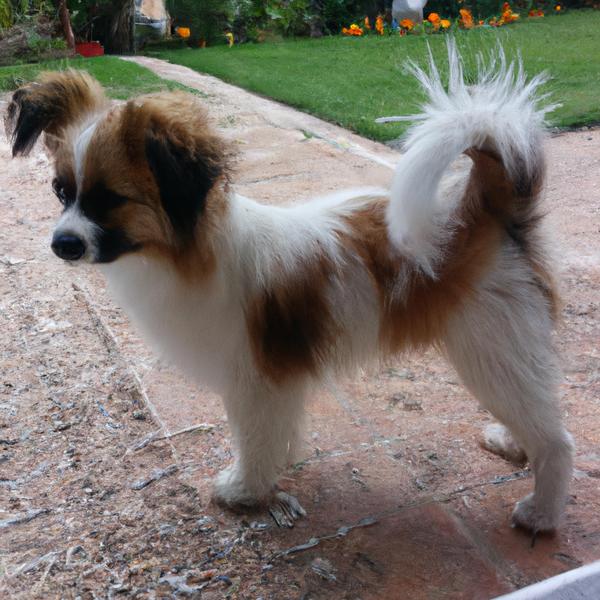
Papimo
Kuchi vs Papimo
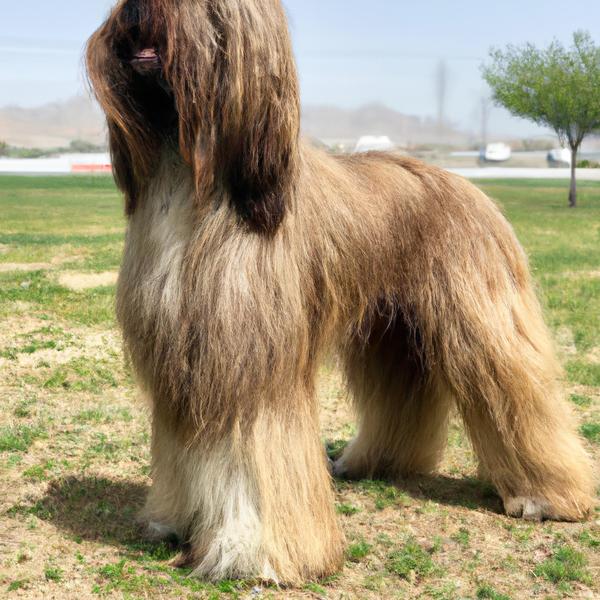
Afghan Chon
Kuchi vs Afghan Chon
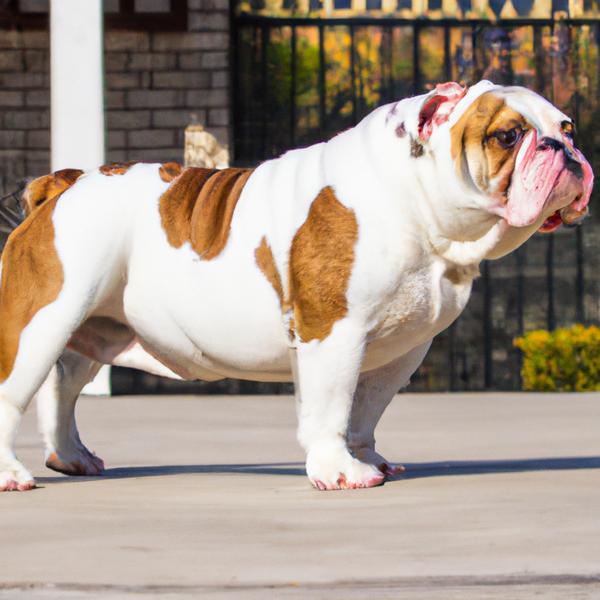
English Neo Bull
Kuchi vs English Neo Bull
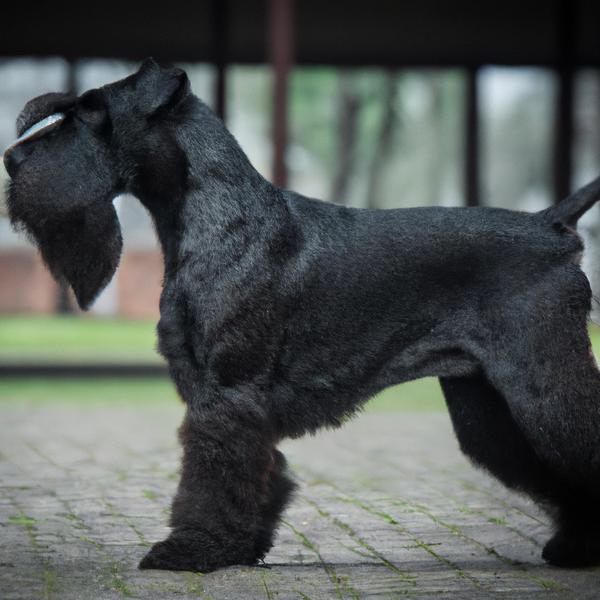
Giant Schnauzer Chin
Kuchi vs Giant Schnauzer Chin
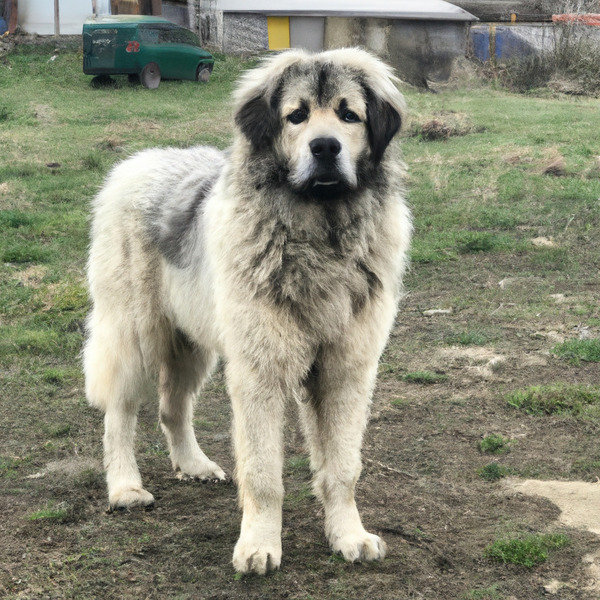
Carpathian Shepherd
Kuchi vs Carpathian Shepherd
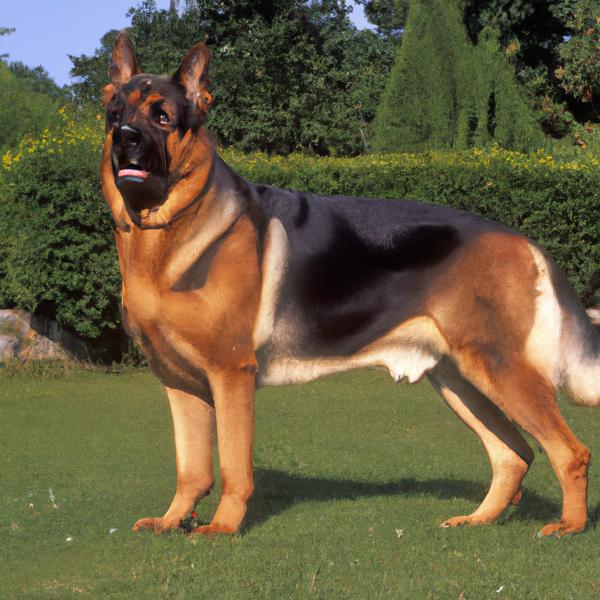
Germanees
Kuchi vs Germanees
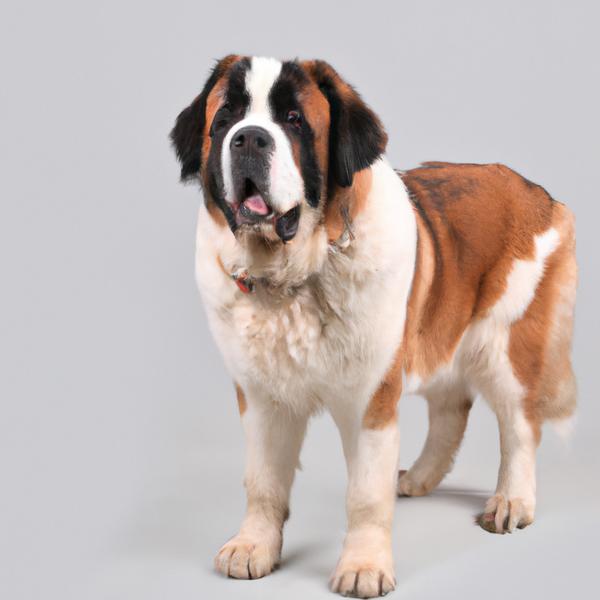
Saint Bernard
Kuchi vs Saint Bernard
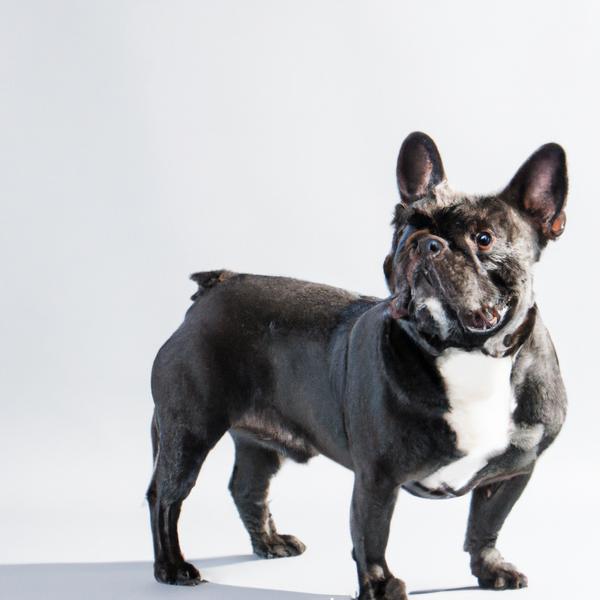
French Bull Jack
Kuchi vs French Bull Jack
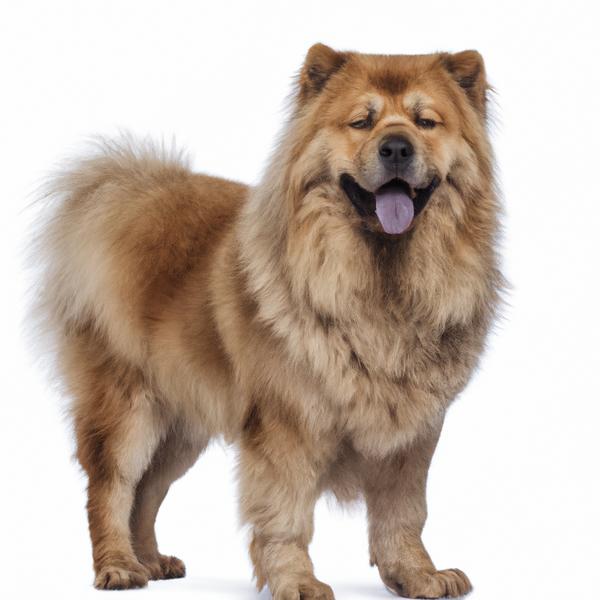
Cheenese
Kuchi vs Cheenese
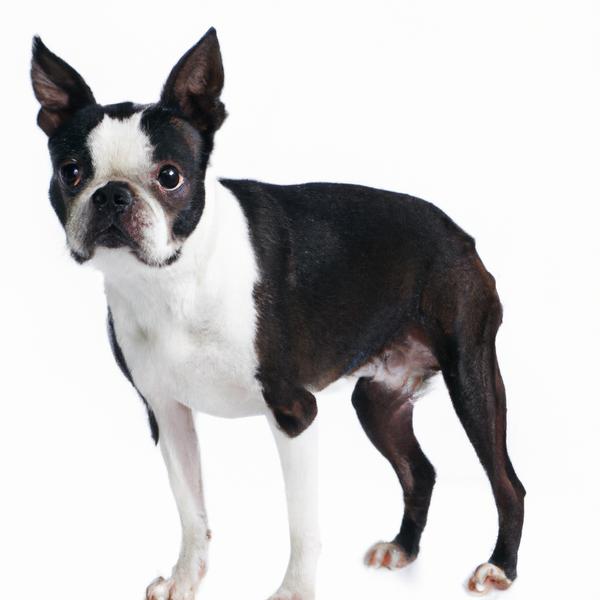
Boston Terrier
Kuchi vs Boston Terrier
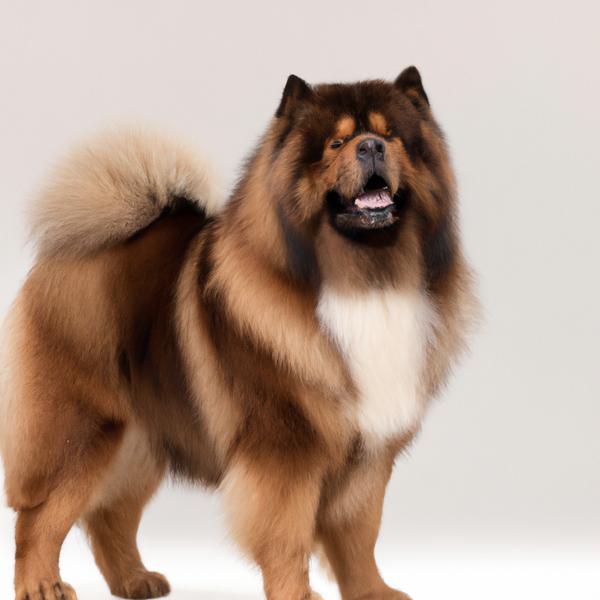
Great Keeshees
Kuchi vs Great Keeshees
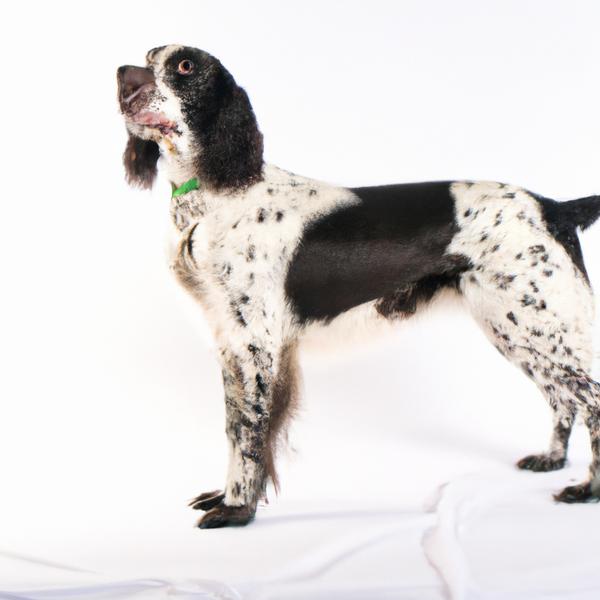
English Spanador
Kuchi vs English Spanador
